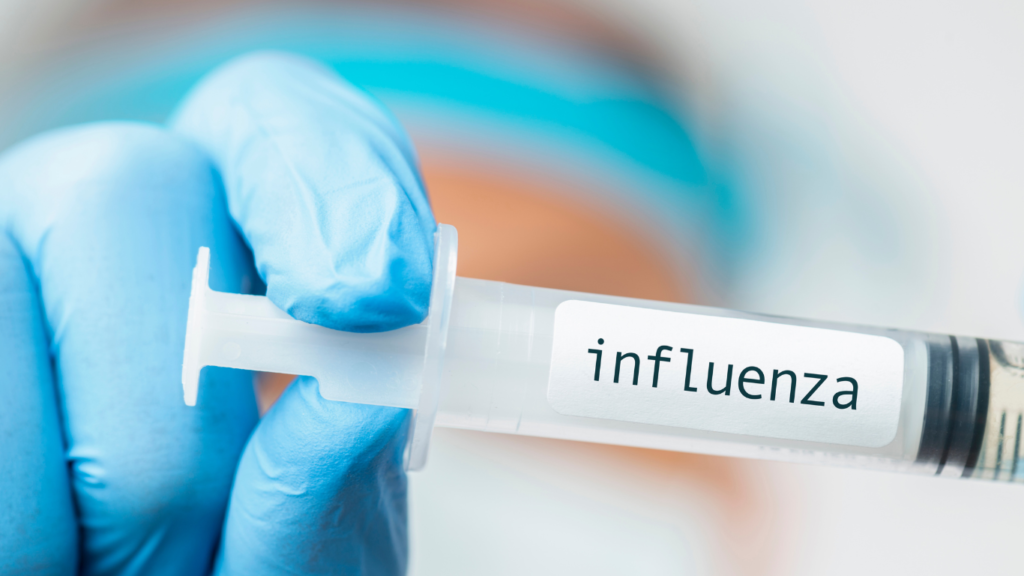As Ramadan begins, Muslims across Malaysia prepare for a month of fasting, spiritual reflection, and communal gatherings. One of the most cherished foods during this period is kurma (dates). Traditionally consumed to break the fast, dates are not only deeply rooted in local customs but also offer remarkable health benefits, making them an essential part of buka puasa (breaking fast) meals.
The Cultural Significance of Kurma in Malaysia
In Malaysia, dates hold special importance during Ramadan. Many Malaysian households and mosques continue the tradition of breaking fast with dates and water. Dates are widely available in markets and supermarkets, often gifted among family and friends. From Kurma Ajwa to Kurma Medjool, different varieties offer unique flavors and nutritional profiles.
Nutritional Benefits of Dates
Dates are nutrient-dense fruits, making them an excellent choice for fasting individuals who need to replenish energy and essential nutrients after long hours without food and water. Here’s why they should be part of your Ramadan diet:
- Instant Energy Booster
- Dates contain natural sugars like glucose, fructose, and sucrose, which provide a quick energy boost after fasting. A study published in the International Journal of Food Sciences and Nutrition highlights that dates are an efficient source of carbohydrates for rapid energy restoration (Al-Farsi & Lee, 2008).
- Aids Digestion and Prevents Constipation
- Fasting can sometimes lead to digestive issues. The fiber content in dates promotes bowel regularity and helps prevent constipation, a common issue during Ramadan. Research from Nutrients supports that fiber-rich diets improve gut health and prevent gastrointestinal discomfort (Slavin, 2013).
- Potential Role in Blood Pressure Management
- Dates are a good source of potassium, which is known to help regulate blood pressure by counteracting the effects of sodium. A study in the Journal of Human Hypertension suggests that potassium-rich diets may contribute to lower hypertension risks (Appel et al., 2006). However, since dates are also naturally high in sugars, individuals with hypertension or diabetes should consume them in moderation as part of a balanced diet.
- Rich in Antioxidants
- Dates contain antioxidants such as flavonoids, carotenoids, and phenolic acid, which protect the body from oxidative stress and inflammation. According to Phytotherapy Research, these antioxidants help reduce the risk of chronic diseases, including diabetes and heart disease (Baliga et al., 2011).
- Enhances Brain Function
- Regular consumption of dates has been linked to improved memory and cognitive function. A study published in Neuroscience Letters suggests that the bioactive compounds in dates support brain health and may help prevent neurodegenerative diseases (Subash et al., 2014).
How to Incorporate Dates into Your Ramadan Diet
In Malaysia, dates are not only consumed plain but also creatively incorporated into various dishes. Here are some delicious ways to enjoy dates during Ramadan:
- Traditional: Eat dates on their own or with a glass of warm water or milk for a classic buka puasa experience.
- Smoothies: Blend dates with bananas, yogurt, and nuts for a nutritious smoothie.
- Desserts: Add chopped dates to kuih, bubur lambuk, or kek kurma for natural sweetness.
- Stuffed Dates: Fill them with nuts, cheese, or dark chocolate for a tasty and nutrient-packed snack.
Conclusion
Kurma is more than just a Ramadan staple in Malaysia; it is a nutritional powerhouse that provides essential vitamins, minerals, and antioxidants. As you break your fast this Ramadan, incorporating dates into your diet can help maintain energy, support digestion, and promote overall well-being. However, moderation is key, especially for individuals managing blood sugar or blood pressure levels. Whether eaten plain or added to recipes, dates offer both tradition and health benefits in every bite.
Selamat Berpuasa, Malaysia!
References:
- Al-Farsi, M., & Lee, C. Y. (2008). Nutritional and functional properties of dates: A review. International Journal of Food Sciences and Nutrition, 59(2), 97-109.
- Slavin, J. (2013). Fiber and prebiotics: Mechanisms and health benefits. Nutrients, 5(4), 1417-1435.
- Appel, L. J., et al. (2006). Potassium, magnesium, and calcium: Their role in both the cause and treatment of hypertension. Journal of Human Hypertension, 20(12), 859-866.
- Baliga, M. S., et al. (2011). Phytochemistry, traditional uses, and pharmacology of Phoenix dactylifera (date palm)—A review. Phytotherapy Research, 25(9), 1231-1239.
- Subash, S., et al. (2014). Neuroprotective effects of date fruit in Alzheimer’s disease models. Neuroscience Letters, 558, 1-6.




